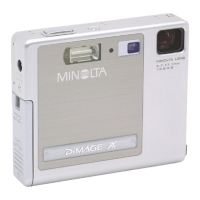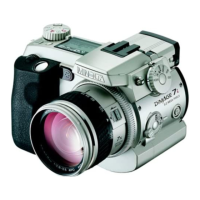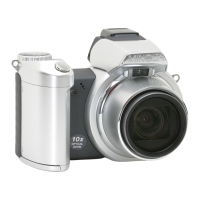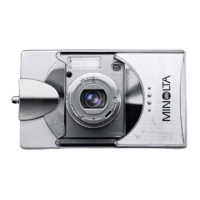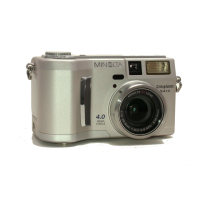110
A
SHORT GUIDE TO PHOTOGRAPHY
–2.0Ev–1.0EvCalculated camera exposure
Sometimes the camera’s exposure meter is deceived by certain conditions. Exposure compensation
can be used in these situations. For example, a very bright scene, such as a snowy landscape or a
white sandy beach, can appear too dark in the captured image. Before taking the picture, adjusting
the exposure by +1 or +2 EV will result in an image with normal tonal values.
ABOUT EXPOSURE AND FLASH COMPENSATION
In the example above, the dark water caused the camera to overexpose the image making it bright
and washed-out. By compensating the exposure, detail is brought out in the leaves, and the stones
and water appear richer.
When using the fill-flash to reduce harsh shadows caused by bright illumination or direct sunlight,
flash compensation can change the ratio between the highlights and shadows. The fill-flash will affect
the darkness of the shadows without affecting the area illuminated by the main light source. By
decreasing the flash output with a negative Ev setting, the shadows receive less light and are harder,
but will bring out subtle details in the shadows that would not appear without the flash are apparent.
Increasing the flash output by using a positive Ev setting softens and nearly eliminate shadows.
Positive compensation No compensation
Negative compensation
No flash
